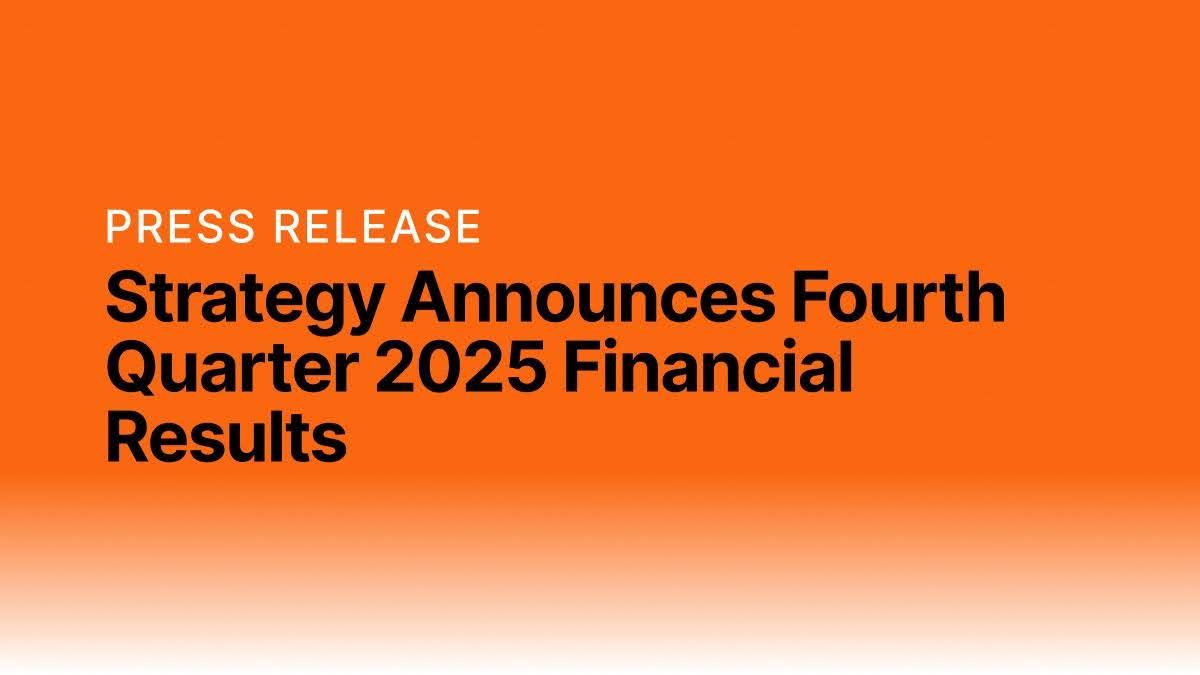2018-7-26 16:47 |
India continues to create controversy within their ever-evolving cryptocurrency field.
As the government scrambles to decide how it will respond to both the significant profits and the prominent violations native to the country’s massive participation in the crypto Initial Coin Offering (ICO) markets, it has become important for citizens and lawyers alike to become more attune to the inter-governmental functions which are helping to shape the industry’s future.
One major way that market participants are doing this is by filing “Right to Information” forms. These forms, referred to colloquially as RTI forms, request bits of information regarding the inner-workings of the federal government and its subsidiary organizations.
These forms can either be accepted or denied by Indian courts, but are usually given significant attention because of the nature of their request. In this fast-moving industry, cryptocurrency-related RTI forms typically request information related to the government’s regulatory actions, movements, and decisions.
Newest RTI FilingIn the latest of many RTI forms filed within India in the past year, a Bitcoin-enthused lawyer by the name of Yusuf Rampurwa has filed a Right to Information form to gain information from the RBI, or the Reserve Bank of India. The form comes in response to actions earlier this year by some RBI officials when they submitted a report regarding the future of cryptocurrencies within the country. The report was not a favorable one, and this RTI form requests information regarding both the participants in the discussion that led to its publishing, and the information they used to come to the conclusions they did.
The form has been largely answered by India’s federal government. The Department of Economic Affairs within India’s Ministry of Finance stated that the Special Secretary chaired the committee, and that representatives participated from several additional governmental departments across India. Specifically, these departments included the DEA, DFS, CBDT, MHA, RBI, the State Bank of India, as well as NITI Aayog.
But not every question contained on the initial RTI from Rampurwa was answered in-full. The government was slow to provide an extensive analysis on how the committee came to the conclusions it did on its report, stating that the decisions being made are “under formulation stage.” This is not an unusual strategy for agencies who do not want to prematurely answer questions regarding decisions which have not yet been verified, tested, and implemented on a nationwide level.
Reserve Bank of India On CryptocurrenciesThe RBI report was circulated earlier in April. The directive outlined that all banks associated with the central RBI bank would quickly stop doing business with all people and companies that regularly interact with digital, decentralized currencies, including but not limited to Bitcoin and Ethereum.
Understandably, this created a massive outrage within the community in India. Thousands of citizens filed their own Right to Information forms, and the decision was even appealed to the Supreme Court of India. In early July, the court ruled that the ban on cryptocurrencies was legal, and that any attempt to delay it further than the initial three months stipulated in the RBI report would be denied by the court.
While fringe protests of the ban will continue into next year, September 11th of this year will be a big day for cryptocurrencies in India. On this day, the Indian Supreme Court is scheduled to make a final decision regarding their take on cryptocurrencies and their legality within India. Regardless of what the decision is, there is no doubt that it will send shockwaves through a changing cryptocurrency community.
origin »Bitcoin price in Telegram @btc_price_every_hour
Emerald Crypto (EMD) на Currencies.ru
|
|









